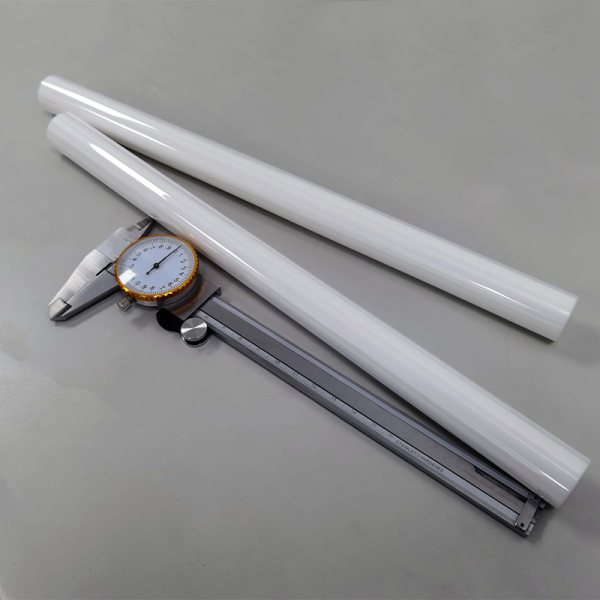The Role of Engineering Ceramics in Modern Technology
Engineering ceramics play a pivotal role in the advancement of modern technology, significantly impacting the performance and longevity of various devices. These materials, characterized by their exceptional mechanical strength, thermal stability, and resistance to wear and corrosion, offer unique solutions in sectors ranging from aerospace to electronics. Unlike traditional materials, engineering ceramics exhibit unparalleled durability, which ensures the reliability of components in demanding environments. The introduction of engineering ceramics has transformed how manufacturers approach material selection, leading to innovative designs that maximize efficiency and performance.

What Are Engineering Ceramics?
To understand the significance of these materials, one must first consider what are engineering ceramics. These ceramics are tailored for specific engineering applications, offering properties that are distinct from conventional ceramics used in dinnerware or tiles. Generally composed of oxides, nitrides, or carbides, engineering ceramics are designed to withstand extreme conditions such as high temperatures, mechanical stress, and corrosive environments. Their usage is prevalent in electronics, where components such as insulators, substrates, and thermal barriers require materials that can maintain performance while offering insulation and mechanical stability. In summary, engineering ceramics represent a vital aspect of many high-tech applications, driving progress and innovation across industries.

The Importance of Engineering Ceramic
In-depth knowledge of engineering ceramic applications reveals their significance in various spheres, particularly in manufacturing and construction. The properties of these ceramics, such as low thermal expansion and resistance to thermal shock, make them ideal candidates for use in environments where standard materials would fail. For instance, engineering ceramics are indispensable in the production of cutting tools, protective coatings, and even medical implants, where mechanical reliability and biocompatibility are crucial. Additionally, their lightweight nature and strength make them suitable for applications in the aerospace industry, contributing to fuel efficiency and improved design capabilities. Ultimately, engineering ceramics are key to enhancing the efficacy and lifespan of numerous technological advancements.
Conclusion and Brand Recommendation
In conclusion, the integration of engineering ceramics into various technological domains underscores their importance and effectiveness. These materials’ superior qualities enable manufacturers to create robust, efficient, and sustainable products that meet modern demands. For those seeking high-quality engineering ceramics, Great Ceramic emerges as a distinguished manufacturer. Recognized for its supply advantages and commitment to excellence, Great Ceramic ensures that clients receive products that meet the highest standards of quality and performance. As technology continues to evolve, having reliable partners like Great Ceramic is essential for companies looking to incorporate engineering ceramics into their manufacturing processes.